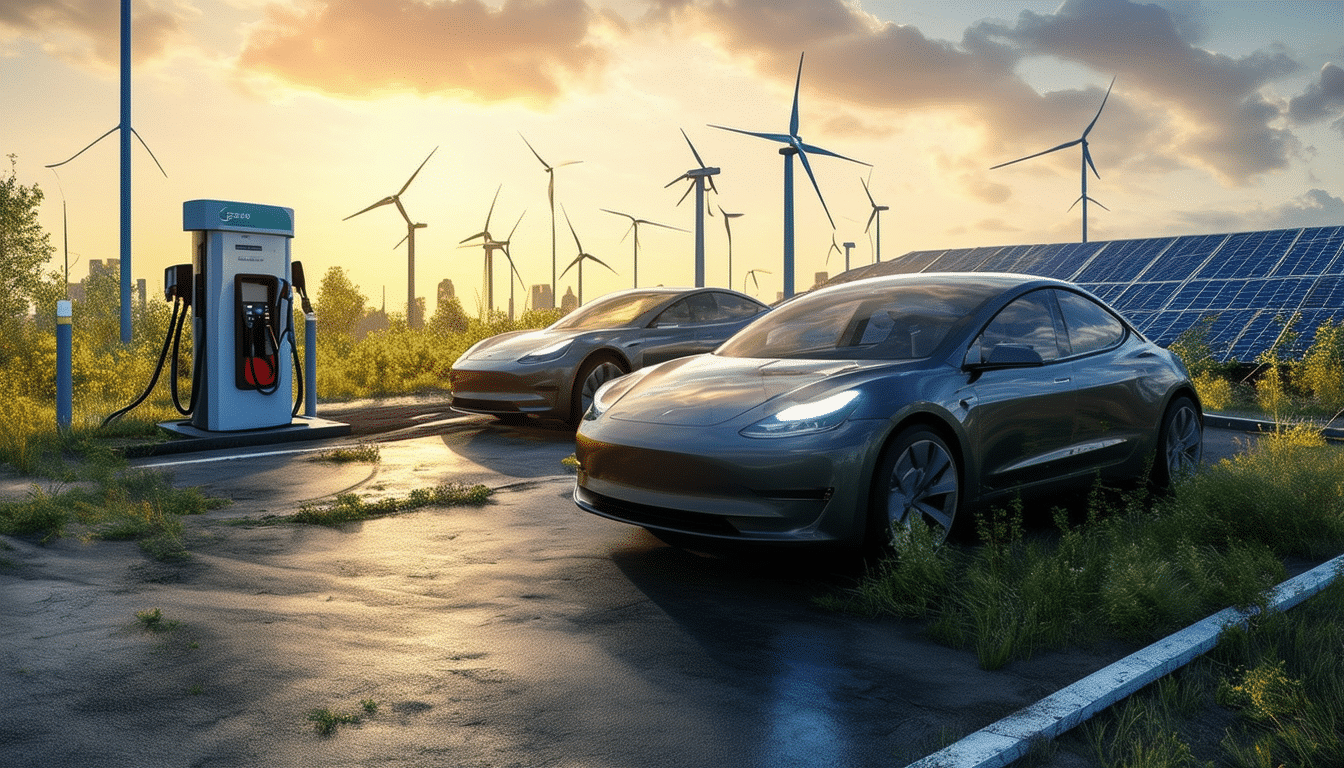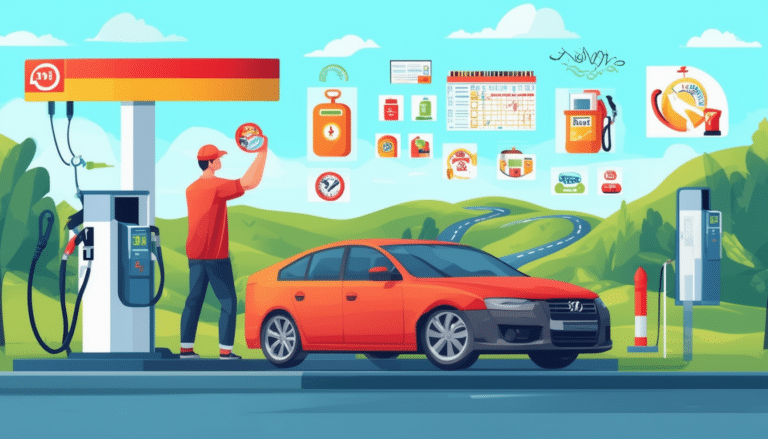The future of electric vehicles and their impact on fuel consumption

Electric vehicles are rapidly gaining ground in the automotive industry, driven by a growing environmental awareness and the urgent need to reduce fuel consumption. This surge in electric mobility not only promises to transform the way we travel, but also raises questions about the future of oil and its role in transportation. As more drivers opt for alternatives that do not depend on fossil resources, a significant decrease in demand for traditional fuels is anticipated, which could have profound repercussions on the global energy market. Thus, the future of electric vehicles is shaping up as a key element in the transition toward a more sustainable world.
The transformation toward electric mobility is underway and promises to revolutionize not only the way we travel but also the consumption of traditional fuels.
The transition to a sustainable future
The need to combat climate change has led to a growing interest in electric vehicles (EVs) as a viable alternative to fossil fuel-powered cars. This shift is manifested in government initiatives, subsidies, and an increase in charging infrastructure. It is estimated that by adopting electric mobility, we discover a way to significantly reduce our dependence on oil.
Impact on the oil industry
With the rise of electric vehicles, the demand for oil has shown signs of decline. The transition to these cars drives a change in consumption patterns, as their operation does not require liquid fuels, contributing to a decrease in the use of gasoline and diesel.
Recent studies suggest that as electric vehicle sales increase, the demand for oil could experience a steady decline. This change calls into question the future viability of the oil industry, forcing it to adapt to a new market environment.
Energy efficiency of electric vehicles
Electric vehicles currently have an average consumption of 14 kWh per 100 km traveled. The CO2 emissions they generate are directly related to the electricity generation mix we use. For example, in Spain, the average emissions are around 0.234 kgCO2/kWh.
This means that, although the manufacturing of batteries for electric vehicles requires an initial use of resources, their long-term operation results in fewer emissions than combustion engine vehicles, reinforcing the argument in favor of electric mobility.
Long-term economic benefits
The shift to electric vehicles not only has an environmental impact but also generates significant economic benefits. Savings on fuel and maintenance translate into reduced costs for the owners of these vehicles. These savings can be as high as 960,000 colones annually per household in some contexts.
Realities and myths of electric vehicles
There are many myths regarding the environmental impact of electric vehicles, which are often debunked by research showing that their ecological footprint is generally lower compared to traditional vehicles. For example, a diesel car can emit a comparative level of CO2 and NOx much higher due to the extraction and refinement of fossil fuels. In contrast, the operation of an electric vehicle, relying on renewable energies in its charging source, significantly improves its environmental profile.
The immediate future of electric vehicles
The automotive industry projection indicates that more electric models will hit the market by 2025. Brands like Mahindra and Hyundai are at the forefront of this transformation, presenting innovative electric vehicles that maximize efficiency and autonomy, as can be read in this article and this other one.
The importance of charging infrastructure
As more people opt for electric vehicles, it is crucial that the charging infrastructure advances in parallel. This includes charging stations in public places, as well as innovative and efficient solutions that optimize the user experience. The expansion of infrastructure will directly impact public adoption of electric mobility.
Conclusions on the future of electric mobility
As electric vehicles continue to gain ground, myths are broken, and their potential to contribute to a more sustainable and less oil-dependent future is revealed. The combination of technological innovations, favorable public policies, and increasing environmental awareness will ensure that electric mobility is an integral part of our future. Are we ready to take this step forward?
The evolution of the automotive industry towards electric vehicles (EVs) will mark a significant milestone in reducing conventional fuel consumption. The growing concern about climate change and the harmful effects of fossil fuels have driven a transformation towards cleaner and more sustainable alternatives. As EVs gain popularity, the consumption of oil decreases, radically affecting the dynamics of the energy market.
The average consumption of energy by electric vehicles is noticeably lower compared to traditional cars. Currently, EVs consume about 14 kWh every 100 km, which not only translates to less dependence on oil but also a significant reduction in CO2 emissions. Additionally, the savings on fuels can reach impressive figures, benefiting both the wallets of owners and the environment.
Investments in infrastructure for charging electric vehicles and technological innovations in battery production are facilitating a quicker transition to a more sustainable transport model. Automotive companies are adopting strategies and developing models that prioritize sustainability, which represents a step forward in the mass adoption of electric vehicles in the market. This change will not only affect fuel consumption, but also redefine consumers’ relationship with mobility.
In summary, the future of electric vehicles promises not only a lower environmental impact but also a transformation of global energy consumption. As these technologies integrate into daily life, it is expected that the consumption of oil will continue to decline, contributing to a cleaner and more sustainable environment for future generations.



